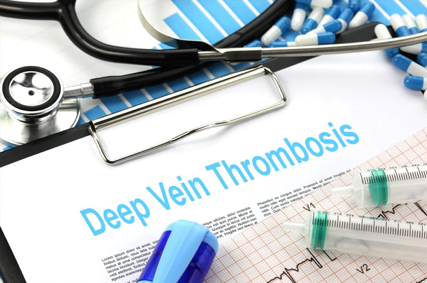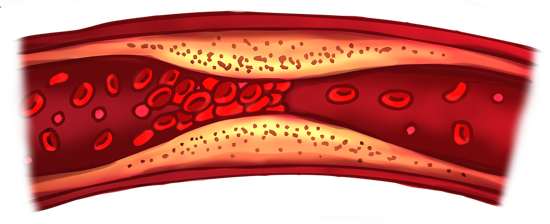Should you consult a vascular surgeon for blood clots? Vascular surgery is a method to address issues in the vascular system, veins, and arteries. It involves medical therapy or, in specific cases, surgical reconstruction.

(Source)
Blood clotting is a natural body process wherein blood cells and strands of fibrin cluster together to naturally halt bleeding when a blood vessel suffers from damage. However, blood clots don’t only form when an injury takes place.
Most times, blood clots dissolve after a period of time, but in some cases, they can cause serious medical problems. One instance is when blood clots block the flow of blood in an artery or a vein.
Excessive formation of clots could be a very serious problem that, in severe cases, induces a heart attack by blocking blood flow through the arteries.
Deep Vein Thrombosis
In this condition, a blood clot forms within a vein deep in the body, normally occurring in the thigh or leg region. A blood clot deep within the vein has the ability to travel through the bloodstream.
It is normally referred to as an embolus, and it can travel to an artery, causing a life-threatening disease known as Pulmonary Embolism. A blood clot in the thigh is a lot more likely to break and travel through your artery than a blood clot in the lower parts of your legs, like your feet.
Reasons for Blood Clotting
- Your blood is thicker than normal. Usually, thicker blood makes it easier for clots to form. Thicker blood could be the result of inherited conditions, undergoing hormone therapy, or the use of birth control pills.
- Blood flow is slower than normal due to a lack of movement for extended periods of time. Major reasons include a sedentary lifestyle or getting sick.
- Injuries can cause damage to the inner linings of your veins, leading to the formation of blood clots.
Risk Factors for Deep Vein Thrombosis
- You have a history of deep vein thrombosis.
- You’ve suffered from a deep vein injury because of a broken bone or any other trauma.
- You might have an inherited condition that makes your blood thicker than normal, increasing the chances of blood clot formation.
- You’re a cancer patient undergoing ongoing treatment.
- You’re overweight.
- You smoke.

(Source)
When Should you Consult a Vascular Surgeon for Blood Clotting?
You should look for certain signs and symptoms before you start getting worried about consulting a surgeon for deep vein thrombosis.
It is important to note, however, that only half of the people with DVT show visible symptoms. That being said, it’s always better to be safe than sorry; you should consult a vascular surgeon if you have the following symptoms.
- You feel pain or tenderness in your leg when standing up or walking.
- Your leg is swollen, or a vein in your leg is visibly swollen.
- The swollen part of your leg feels warm.
- Your leg is visibly red or discolored.
Vascular Surgeon for Blood Clots: How a Vascular Surgeon Helps Treat DVT
A vascular surgeon‘s main goal is to stop the blood clot from getting bigger than it already is. This is to prevent it from reaching the lungs, which could prove detrimental. Moreover, they aim to reduce the likelihood of you suffering from another potential blood clot.
Contact Vascular Surgery and Vein Center to explore your treatment options. Dr. Norman Chideckel offers a wide range of vascular related services, including the treatment of Deep Vein Thrombosis.
Vascular Surgery & Vein Center
Dr. Norman Chideckel
108 East 96th Street
New York, NY 10128
212-993-6133


